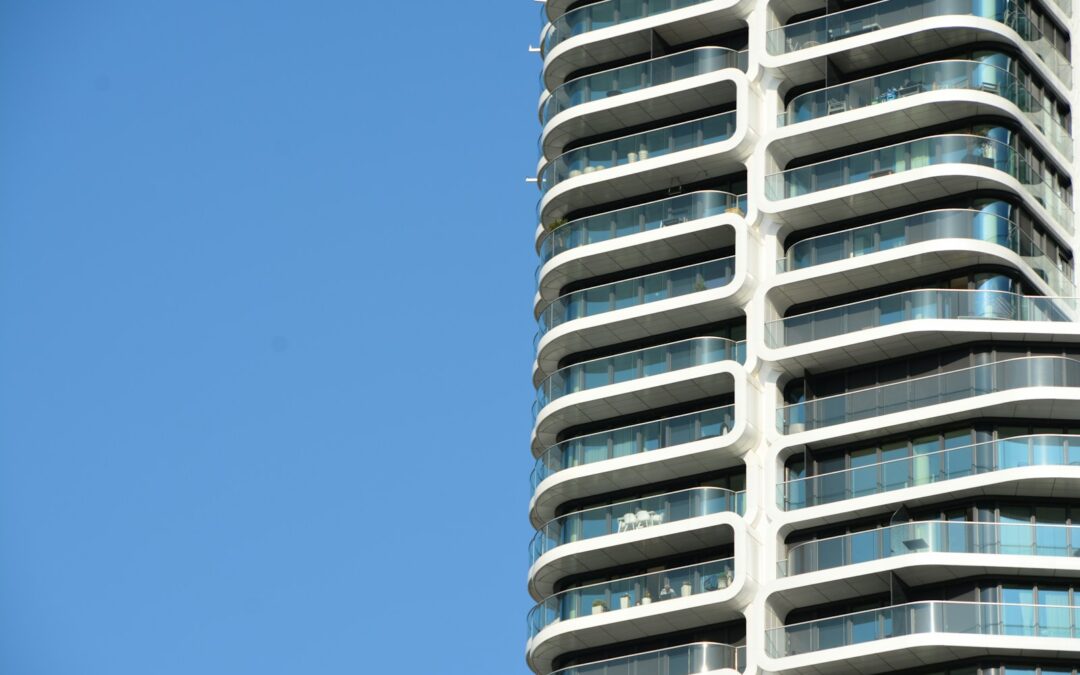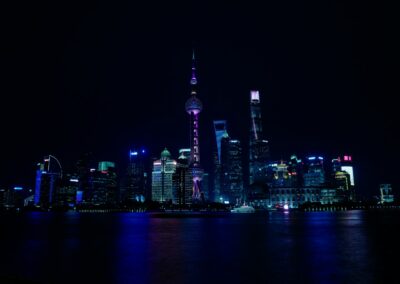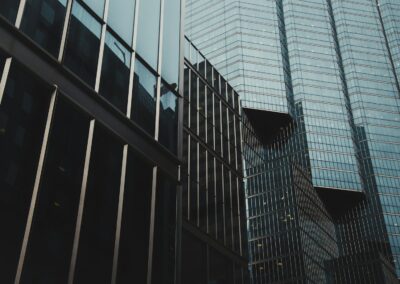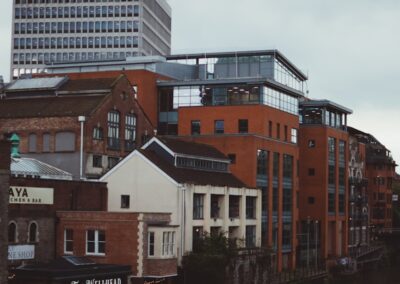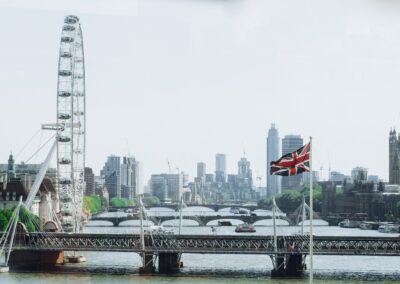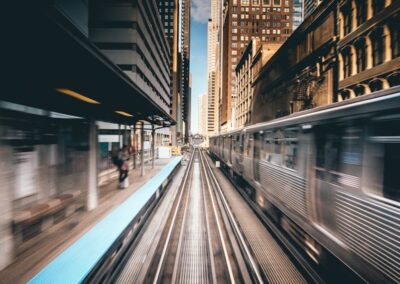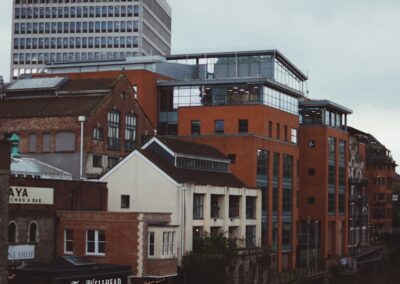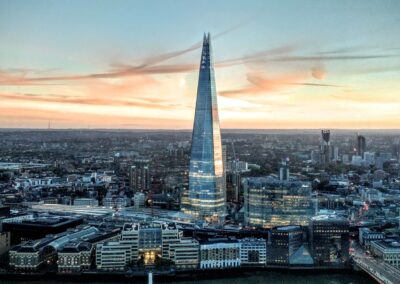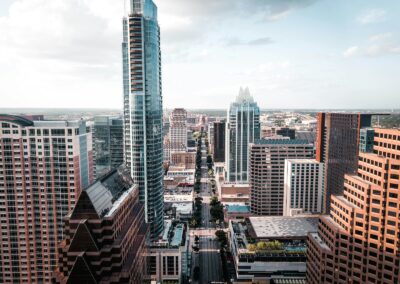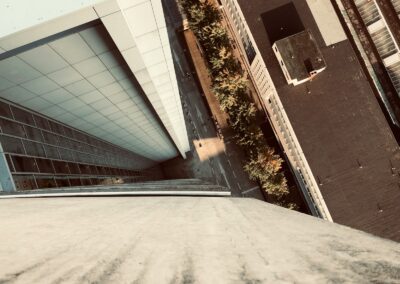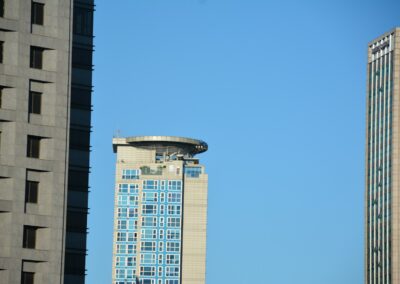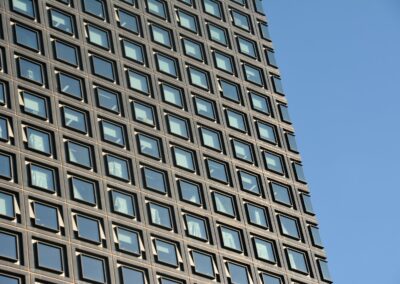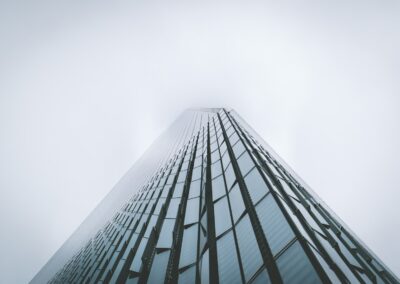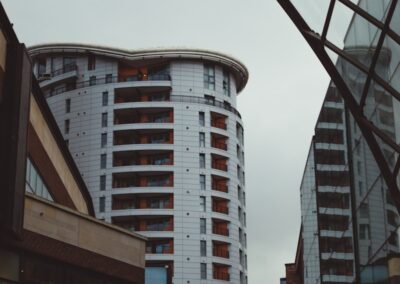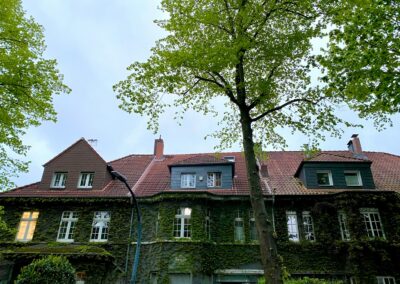Attracting Investments While Ensuring Affordability
The Economic Benefits of Constructing Skyscraper Cities
The construction of skyscraper cities has significant economic implications, transforming urban landscapes and driving economic growth. High-rise buildings symbolize modernity and progress, attracting investments and enhancing a city’s global reputation. In regions like Saudi Arabia and the UAE, skyscraper developments are pivotal to economic diversification and urban expansion.
Saudi Arabia’s Vision 2030 underscores the importance of developing world-class infrastructure to attract foreign investments and boost tourism. Skyscraper cities play a crucial role in this vision by providing state-of-the-art commercial spaces, luxurious residential units, and iconic landmarks that draw international attention. These developments stimulate the local economy by creating jobs, increasing demand for local services, and fostering new business opportunities.
Dubai, renowned for its impressive skyline, exemplifies the economic benefits of high-rise urban development. The city’s skyscrapers, such as the Burj Khalifa, have become global attractions, driving tourism and retail growth. Additionally, the presence of high-quality office spaces in these skyscrapers attracts multinational corporations, contributing to Dubai’s status as a global business hub. The construction and maintenance of these structures also generate substantial employment opportunities, boosting the local economy.
Challenges and Solutions for Ensuring Urban Affordability
While skyscraper cities offer numerous economic benefits, they also pose challenges related to urban affordability. High-rise developments often lead to increased property values, making it difficult for low- and middle-income residents to afford housing. Addressing these challenges is essential to ensure that urban development benefits all segments of the population.
In Saudi Arabia, policymakers are implementing strategies to ensure that urban development projects remain inclusive and affordable. These strategies include the development of mixed-income housing projects that provide affordable housing options alongside luxury units. By incentivizing developers to include affordable housing in their projects, the government aims to create balanced communities where residents of different income levels can coexist.
Dubai is also tackling the issue of affordability through innovative urban planning and housing policies. The city is promoting the construction of affordable housing units in strategic locations, ensuring that essential services and amenities are accessible to all residents. Additionally, public-private partnerships are being encouraged to develop cost-effective housing solutions. By integrating affordable housing into high-rise developments, Dubai is working to maintain its appeal to a diverse population while fostering economic growth.
Attracting Investments in Skyscraper Cities
Attracting investments in skyscraper cities requires a comprehensive approach that emphasizes economic viability, urban sustainability, and quality of life. In Riyadh, efforts to attract foreign investments are centered around creating a business-friendly environment with robust infrastructure and regulatory frameworks. The city’s ambitious urban development plans include the construction of high-rise commercial and residential buildings designed to meet international standards. By offering incentives such as tax breaks and streamlined approval processes, Riyadh aims to attract global investors and boost its real estate market.
Dubai continues to set benchmarks for attracting investments in skyscraper cities. The city’s free zones, which offer benefits such as 100% foreign ownership and repatriation of profits, are highly attractive to international businesses. Additionally, Dubai’s strategic location, world-class infrastructure, and high quality of life make it an ideal destination for investors. The government’s commitment to continuous innovation in urban planning and real estate development further enhances Dubai’s appeal as a global investment hub.
Both Riyadh and Dubai are leveraging advanced technologies to enhance their urban development projects. The integration of artificial intelligence (AI), blockchain, and generative AI in urban planning ensures efficient project management and smart city solutions. These technologies improve the sustainability and livability of skyscraper cities, making them more attractive to investors. By adopting modern technology and innovative practices, these cities are positioning themselves as leaders in the global real estate market.
Conclusion
The economic implications of constructing skyscraper cities are profound, offering opportunities for investment, job creation, and economic diversification. By implementing strategies to ensure affordability and leveraging advanced technologies, Saudi Arabia and the UAE can attract investments while fostering inclusive urban development. Through thoughtful planning and innovative policies, these regions can create dynamic, sustainable, and prosperous urban environments that benefit all residents.
#EconomicImplicationsOfSkyscraperCities #SkyscraperInvestments #UrbanAffordability #SaudiArabiaUrbanDevelopment #UAERealEstate #RiyadhSkyscrapers #DubaiHighRiseBuildings #ModernUrbanPlanning #BusinessSuccess #LeadershipInUrbanDevelopment #ProjectManagementInConstruction

